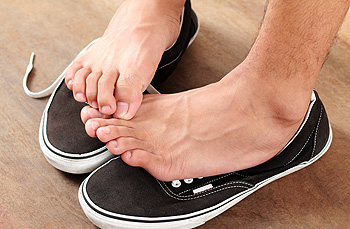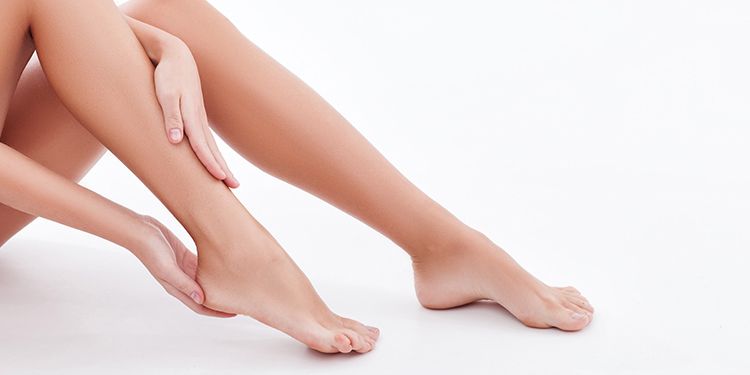How to Stop Sweaty Hands and Feet: Top Dermatology Treatments for Excessive Sweating
How to Stop Sweaty Hands and Feet: Top Dermatology Treatments for Excessive Sweating
Blog Article
Recognizing the Origin Reasons of Excessive Sweating and Its Effect On Life
Too much sweating, likewise called hyperhidrosis, is a condition that impacts a substantial part of the populace, yet its underlying causes and implications on daily functioning remain rather enigmatic. While it is frequently understood as a physiological feedback to control body temperature level, the triggers for extreme sweating can vary widely amongst individuals, including not only physical factors yet emotional and also psychological aspects. The effect of this problem prolongs beyond plain discomfort, commonly affecting social communications and overall top quality of life. By delving right into the source of hyperhidrosis and discovering its diverse effects, a deeper understanding of this pervasive concern can be obtained, clarifying the intricacies that individuals facing extreme sweating navigate each day.
Physiology of Sweat Glands
The guideline of sweat production, an essential physical procedure, is mostly regulated by the activity of sweat glands dispersed throughout the human body. Sweat glands are classified into two major kinds: eccrine and apocrine glands.
When the body temperature level climbs, either because of physical task, high temperatures, or emotional stress, the nerves causes the gland to produce sweat. This sweat is made up mainly of water and electrolytes like sodium and chloride. The process of sweat production is necessary for maintaining the body's interior temperature within a slim, ideal variety, highlighting the critical duty sweat glands play in human physiology.
Triggers for Excessive Sweating
In recognizing the root causes of excessive sweating, it is crucial to identify the triggers that can lead to this physical feedback. Physical physical effort, high temperature levels, and spicy foods are also understood to set off excessive sweating in people susceptible to this problem.
Moreover, drugs such as some antidepressants, opioids, and specific supplements can additionally work as triggers for hyperhidrosis. Recognizing these triggers is vital in handling excessive sweating efficiently - Sweaty hands treatment. By determining and resolving the specific triggers that prompt excessive sweating in a private, medical care service providers can establish tailored therapy plans to minimize this condition and enhance the person's lifestyle
Medical Issue Associated
Linked with extreme sweating are numerous clinical conditions that can worsen this physical feedback. One usual condition is hyperhidrosis, a problem defined by abnormally boosted sweating that goes beyond the body's thermoregulatory needs. This can manifest in focal areas like the palms, soles, underarms, or face, affecting a person's lifestyle because of social embarrassment and discomfort.
Moreover, endocrine conditions such as hyperthyroidism, diabetes mellitus, and menopausal hot flashes can additionally lead to excessive sweating. Hyperthyroidism triggers an overproduction of thyroid hormones, increasing metabolism and triggering sweating.
Moreover, infections like consumption, HIV, and endocarditis have been connected with evening sweats, a common signs and symptom recognized to interrupt sleep and impact total wellness. These clinical problems highlight the diverse variety of underlying factors that can add to excessive sweating, requiring extensive examination and monitoring by healthcare experts.
Emotional and emotional Elements

Effect On Social Interactions
Too much sweating can have extensive impacts on an individual's capability to involve comfortably in social communications. The noticeable indications of sweat spots or wet spots on clothes can bring about why not try these out humiliation and self-consciousness, creating individuals to take out from social situations. This withdrawal can affect relationships, limitation social tasks, and hinder expert and personal development.

Furthermore, the stress and anxiety and self-worth issues stemming from excessive sweating can affect communication and social abilities. People might struggle to focus on conversations, take part in team tasks, or share themselves confidently. This can result in feelings of seclusion and isolation, as social links come to be testing to maintain.
Conclusion

While it is commonly understood as a physiological response to manage body temperature level, the triggers for excessive sweating can vary extensively among people, including not only physical elements but also emotional and emotional elements. By diving right into the root causes of hyperhidrosis and exploring its multifaceted browse around this web-site effects, a much deeper understanding of this prevalent issue can be gained, losing light on the intricacies that individuals grappling with too much sweating browse on a daily basis.
Physical physical effort, high temperatures, and spicy foods are also recognized to trigger excessive sweating in people susceptible to this problem. By recognizing and dealing with the specific triggers that motivate extreme sweating in an individual, medical care suppliers can develop tailored treatment plans to ease this problem and enhance the person's high quality of life.
Excessive sweating can have profound results on an individual's capacity to engage pleasantly in social communications.
Report this page